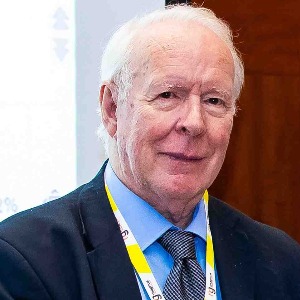Mouth Breathing
Mouth breathing is the process of inhaling and exhaling air through an open mouth rather than the nose. It is common among children, especially during sleep, but mouth breathing can occur throughout the day. While it may not seem like a major issue, mouth breathing can lead to several dental and health problems if left untreated. One of the most immediate effects of mouth breathing is the direct interaction between saliva and the teeth. Saliva is essential for keeping teeth healthy by washing away bits of food and bacteria after meals and snacks. When mouth breathing is persistent, saliva production can become stagnant, leading to an increased risk of cavities, gum disease, and other dental problems. Mouth breathing can also lead to jaw and oral development problems. Most notably, the lower jaw may not grow correctly due to an influx of dry air, making room for other alignment issues such as an overbite or underbite. Orthodontic treatment may be necessary to correct the alignment of the mouth and jaw. In addition to dental issues, mouth breathing can affect the quality of your overall health. Sustained mouth breathing may cause difficulty breathing by constricting airways, which can lead to fatigue and sleep disturbances. Mouth breathing can also increase the risk of drooling, bad breath, and throat infections. To prevent long-term dental and health issues, it is important to treat mouth breathing. Changing sleeping positions and using a humidifier may help reduce the instance of mouth breathing. In more severe cases, pneumology or respiratory medicine consultations may be necessary, as well as orthodontic examinations to assess the mouth’s alignment. With timely treatment, mouth breathing can be managed effectively and long-term health risks can be reduced.

David Geoffrey Gillam
Queen Mary University of London, United Kingdom
Christopher Turner
Spacemark Dental, United Kingdom




Title : Evaluating hygienist follow up for head and neck oncology patients in secondary care: Results from a two cycle audit
Peter Basta, Newcastle Dental Hospital, United Kingdom
Title : Atypical facial pain unravelled
Christopher Turner, Spacemark Dental, United Kingdom
Title : New treatment of temporomandibular disorder through muscle balance and muscle regeneration by activation of quiescent muscle stem cells( satellite cells) with mitochondrial dynamics
Ki Ji Lee, National Reserach Foundation & Busan Medical University, Korea, Republic of
Title : MRONJ and ORN: Referral or management in primary care? Navigating guidelines in the context of long waiting lists
Alisha Sagar, NHS England, United Kingdom
Title : Managing the unexpected: An Insight into supernumerary teeth
Bahar Gharooni Dowrani, Guy's and St Thomas' NHS Foundation Trust, United Kingdom
Title : Laxative prescribing for post operative head and neck cancer patients at Derriford Hospital
Pui Sze Kylie Li, Cardiff and Vale University Health Board, United Kingdom